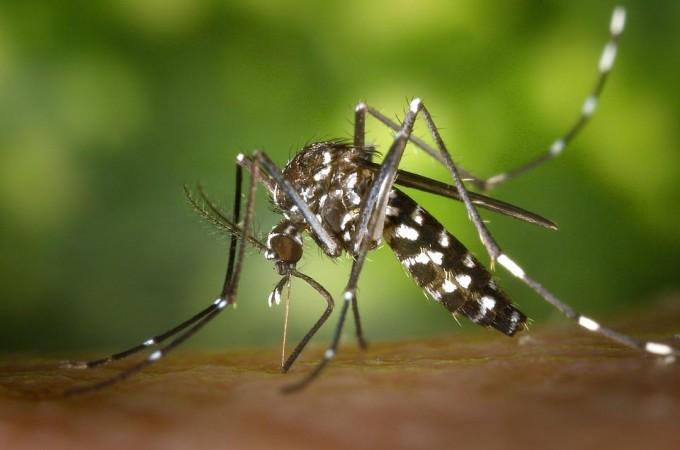The ongoing COVID-19 pandemic has kept the efforts of the scientific community centered on the development of vaccines and treatments for the SARS-CoV-2 coronavirus. However, other lethal pathogens and diseases continue to persist silently and make people sick, requiring equal attention. One such example is Malaria. Now, scientists have reported the development of a novel vaccine that offers protection against the deadly mosquito-borne disease.
The new study, a collaboration between multiple institutions, has described the effectiveness of a novel vaccine that utilizes mRNA (messenger RNA) technology in providing a high degree of protection against malaria in animal models. It was published in the journal npj Vaccines.
"Our vaccine achieved high levels of protection against malaria infection in mice. While more work remains before clinical testing, these results are an encouraging sign that an effective, mRNA-based malaria vaccine is achievable," said Dr. Katherine Mallory, lead author of the study, in a statement.
Consequences of a Deadly Prick

Five parasitic protozoa from the Plasmodium family are known to cause malaria in human beings. They are transmitted through the bites of infected female Anopheles mosquitoes that are the primary vectors. Of these, two protozoans—Plasmodium falciparum and Plasmodium vivax—pose the biggest threats. Malaria causes several complications including damage to organs such as the kidneys and the liver, and can also lead to the rupturing of the spleen.
According to the WHO, P. falciparum was responsible for 50 percent of infections in South-East Asia, 65 percent in the Western Pacific regions, 71 percent in the Eastern Mediterranean, and 99.7 percent of cases in Africa. P. vivax led to 70 percent of the malarial infections in the Americas. Children accounted for nearly 67 percent of all Malaria deaths worldwide in 2018. P. falciparum and P. vivax are associated with over 400,000 deaths every year.
Currently, effective vaccinations against malaria are limited. The most advanced vaccine against the disease is RTS,S, a first-generation formulation. It leverages the circumsporozoite protein—a protein secreted during the infective sporozoite stage—of P. falciparum. Though RTS,S serves as a promising countermeasure against malaria, field studies have shown limited sterile efficacy and duration of protection provided. Therefore, the limitations presented by RTS,S, and other first-generation malaria vaccines, have persuaded researchers to examine other platforms and potential second-generation interventions for malaria vaccines.
A Novel Approach

The new vaccine also utilizes P. falciparum's circumsporozoite protein in order to trigger immune responses; much like RTS,S. However, it employs a slightly different approach. Instead of administering a form of the circumsporozoite protein directly, the new method employs mRNA to elicit cells into coding for circumsporozoite protein on their own. When tested in mice, the vaccine was found to provide full protection against the malaria-causing protozoan.
The mRNAs are accompanied by lipid nanoparticles that protect them from degrading prematurely and enable the stimulation of the immune system. These proteins eventually help trigger a protective response against the pathogen without causing infection. Importantly, this is the approach used by several vaccines developed against COVID-19.
"Recent successes with vaccines against COVID-19 highlight the advantages of mRNA-based platforms--notably highly targeted design, flexible and rapid manufacturing and ability to promote strong immune responses in a manner not yet explored. Our goal is to translate those advances to a safe, effective vaccine against malaria," emphasized Dr. Evelina Angov, senior author of the study.















